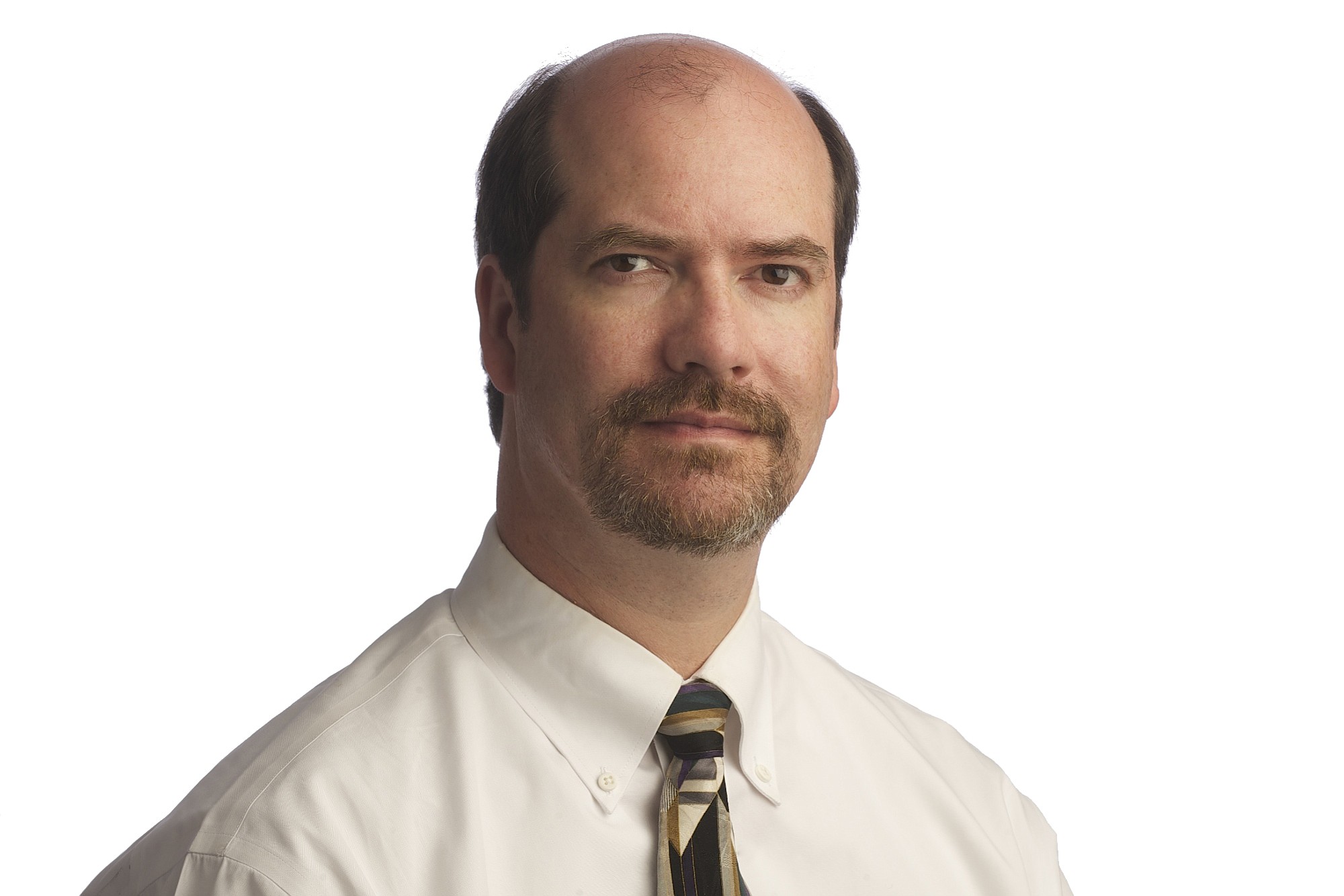It’s almost like the death of an old friend. Unless you don’t like the Columbia River Crossing project, in which case it’s like the death of that annoying neighbor who kept disabled cars in his front yard, had a gun range in the back, and liked to loudly share his love of Nickelback with the entire neighborhood.
Either way, the demise of the CRC will leave a void, eliminating the 800-pound gorilla that has dominated the local political landscape for the better part of 15 years.
Consider the words written by reporter Erik Robinson of The Columbian: “Everyone agrees Interstate 5 is congested, and it’s getting worse. A bistate task force, which convened Monday evening in North Portland, demonstrated that it may be much harder to agree on how the problem should be solved.”
Talk about foreshadowing. Those words were written in September 2005, in reference to one of the early meetings of the CRC Task Force. As Robinson reported, U.S. Rep. Earl Blumenauer, D-Ore., attended the meeting and gave the 39-member group a pep talk, saying, “There is no more important transportation conundrum facing our region than what you are wrestling with.”
More than eight years and some $180 million later, the grappling continues. So does the consternation. Whether the CRC was viewed as an old friend or an annoying neighbor, valid arguments remain on both sides of the issue.
Take light rail. Please. (Sorry, old joke). When it comes to light rail, I subscribe to the mantra that rarely has so much money been spent by so many for the benefit of so few. I can empathize with those who opposed the CRC because of the inclusion of light rail and the linkage of Clark County to the Portland area’s TriMet system.
As The Oregonian reported recently about a study of mass transit throughout the country, “In 2013 … overall ridership continued to outpace the nation’s population growth, prompting some experts to declare a mass transit renaissance. Not in Portland. Historic service cuts and repeated fare hikes during the Great Recession contributed to a 3.8 percent dive in TriMet ridership last year.” That’s because Portland long has been beholden to the ideology of light rail rather than the practicality of actually serving the public.
On the other hand, I can empathize with those who worked so hard over so many years to devise the CRC proposal. One of the gross misnomers put forth by critics is the assertion that the public was not adequately included in the process. Considering the number of public meetings that were held and the vast amount of discussion that went into the project, complaints about a lack of public input are straw man arguments.
Rhetoric lives on
So, the CRC is dead, but the rhetoric lives on. As Vancouver Mayor Tim Leavitt said, “This will become known as one of the largest failures to act in the United States of America. The demise of this infrastructure project represents a colossal failure by our state Legislature.” That might be a bit of hyperbole, yet the need for a new Interstate 5 bridge remains.
Therein lies the problem. With two states and multiple counties and several cities and numerous transportation boards involved, the project is destined to be beset by too many cooks spoiling the soup. And there’s no reason to think the next time will be any different.
Because for every realistic proposal, there are just as many that are a combination of fairy dust and magic beans. Take David Madore. Please. The Clark County commissioner has said that a toll-free third bridge can be built east of I-205 within five years, which not only demonstrates Madore’s tenuous grip on reality but actually serves to hamper the discussion.
Sooner or later, that discussion will resume. Sooner or later some other Columbian reporter will write about how everybody agrees that I-5 is becoming more congested, yet nobody can agree on how to solve it. And the challenge will be to avoid winding up right where we are now.




